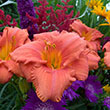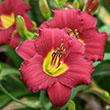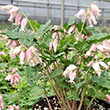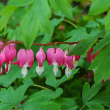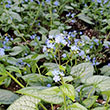Perennials
Our enthusiastic and extremely knowledgeable perennials team is here to answer your questions and help you choose the best perennials for your situation. There’s always something in bloom for sun, shade, butterflies, birds or deer resistance as well as a variety of bulbs for your space. |

